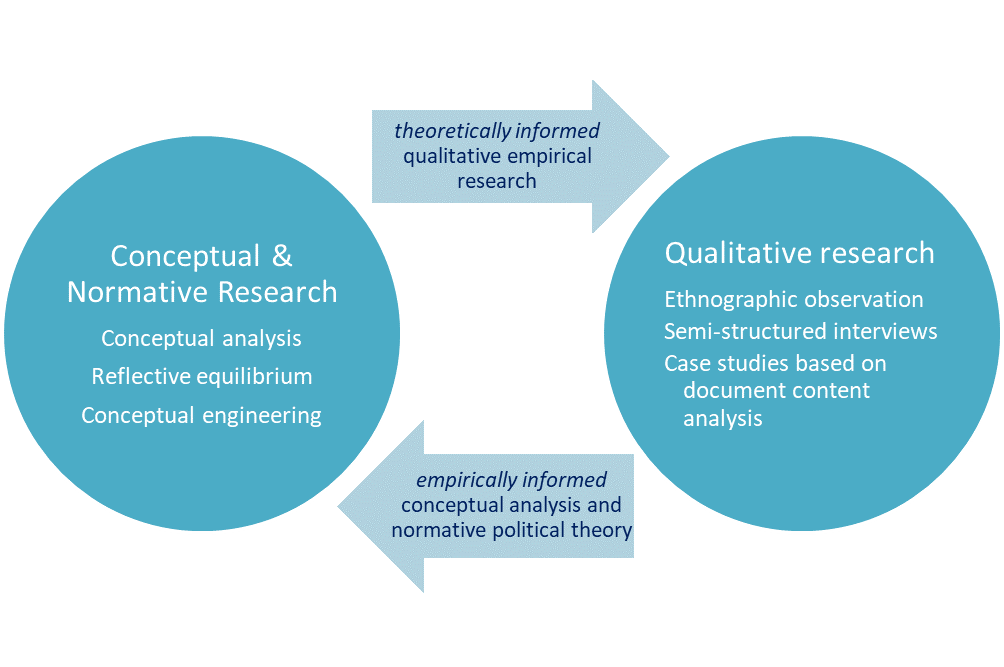Objectives
Our research activities are geared to addressing the following main question:
May one interpret and assess the corruption of quasi/nonpublic institutions and public institutions in authoritarian (or hybrid) settings as sharing the same conceptual and normative core as the corruption of public institutions in democratic settings?
By asking this question, the project pursues the following specific objectives:
OBJECTIVE 1:
to explore the similarities and differences between institutional action and dysfunctions in
a. public and quasi/nonpublic institutions (esp. nonprofit organizations; business corporations);
b. public institutions within and outside democratic settings (esp. hybrid and personalist regimes).
OBJECTIVE 2:
to test the capacity of the notion of corruption as a deficit of office accountability to seize the special character of corruption across a large spectrum of institutional set ups and uses of power of office.
Alongside its pathbreaking substantive contributions to the study of the margins of corruption in institutions, the project offers an innovative methodological contribution too. This contribution makes a reflexive use of the tools of conceptual and normative analysis to test the clarity or ambiguity of the notion of corruption as a deficit of office accountability across a variety of institutional contexts. In so doing, the project revisits the notion of conceptual progress in normative political theory. This notion consists in embracing, rather than shying away from a reality check concerning possible ambiguities and sources of vagueness in the definition of political concepts (such as corruption) and normative ideals (such as office accountability).

